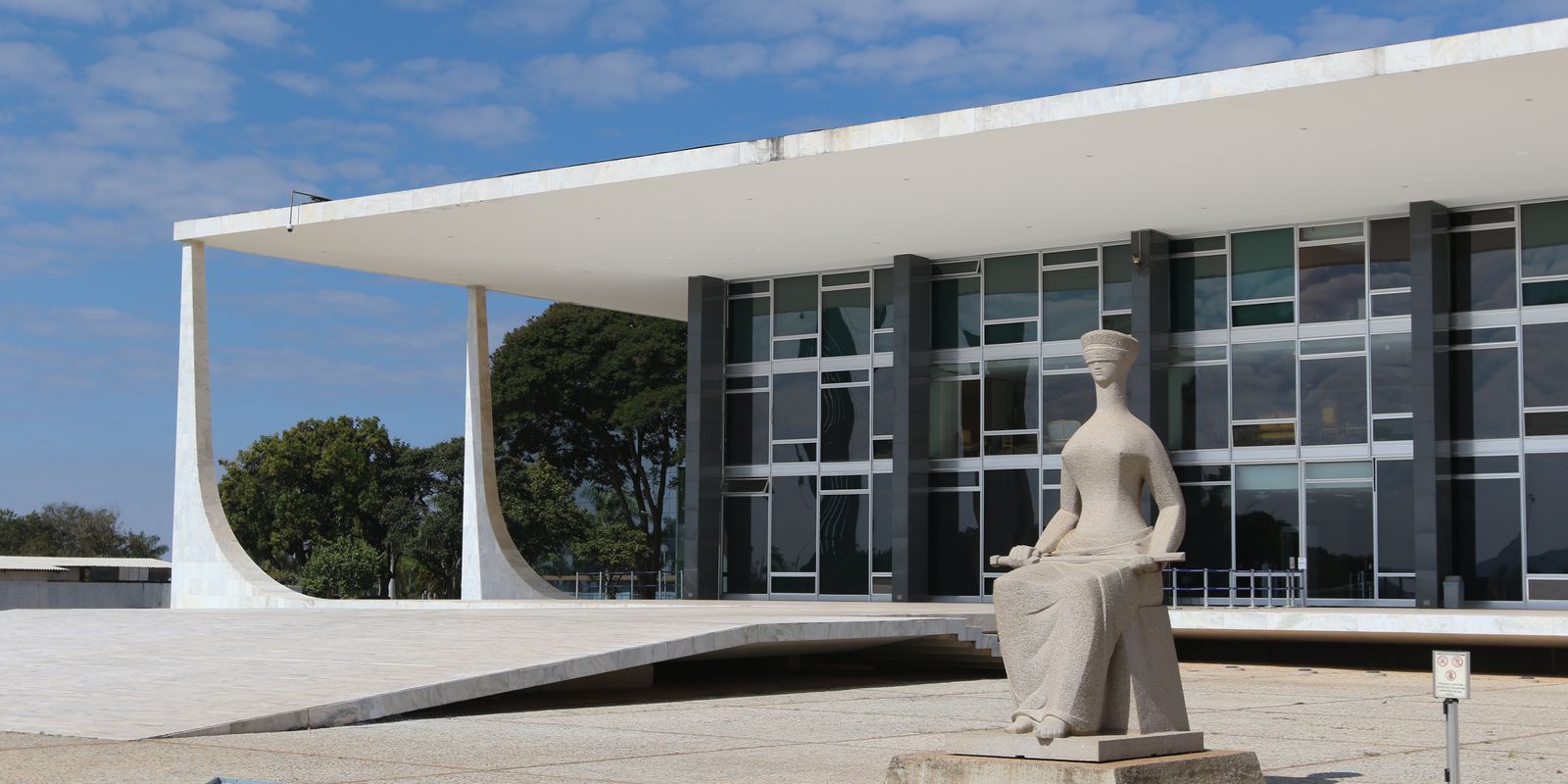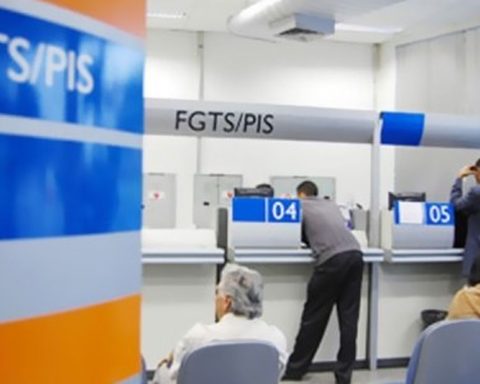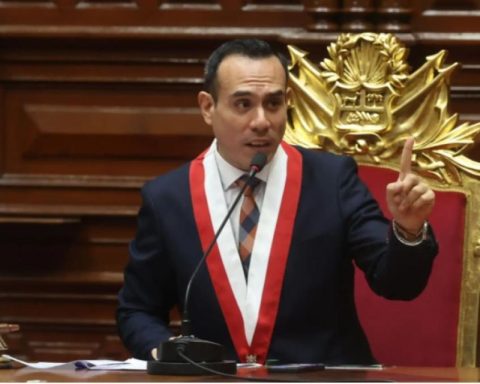The ministers of the 1st Panel of the Federal Supreme Court (STF) formed a majority to overturn a conviction imposed on Petrobras by the Superior Labor Court (TST). The 2018 conviction provided for a refund from the company to its employees, with financial impacts estimated at R$47 billion, in the largest labor lawsuit in the company’s history. 
However, the rapporteur of the case in the STF, Minister Alexandre de Moraes, had already positioned himself, even last year, for the overturning of the conviction. Last Friday (11), her vote was followed by Minister Dias Toffoli and, on Monday afternoon (14), it was Minister Carmen Lúcia’s turn to also vote in favor of Petrobras in the process. Minister Luís Roberto Barroso declared himself unable to judge the process and the vote of Minister Rosa Weber is still missing, which does not change the result.
The trial, which is being held in virtual plenary, runs until next Friday (18). There is still a request for view, which would postpone the decision, or a request for prominence, which could take the process to judgment by the Plenary of the STF.
Understand
The lawsuit discusses the validity of the remuneration calculation agreed between Petrobras and its employees through a collective bargaining agreement, signed in 2007. Called Minimum Remuneration by Level and Regime (RMNR), the rule established a kind of salary floor for the different positions of the company, as a way of equalizing the remuneration of employees, based on the principle of isonomy.
However, according to the state-owned workers’ unions, the company would have taken into account in the calculation of the remuneration the night-time premiums, hazards and confinement received by workers in industrial areas, exposed to risks, which would have created a distortion in the RMNR, which pay different amounts to employees. In the TST decision, which condemned the state-owned company, these additionals should have been excluded from the RMNR calculations. For Minister Alexandre de Moraes, in his decision, there was clarity about the rules for payment of extra compensation and there was no violation of isonomy.

















